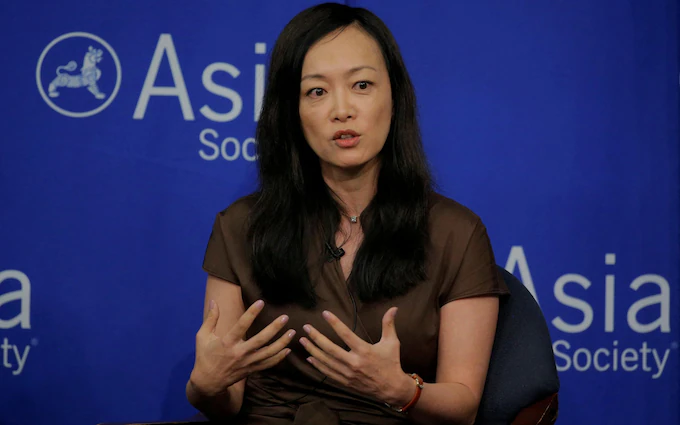Former CIA Officer Faces Espionage Charges
Sue Mi Terry, a former CIA officer, faces South Korea espionage charges for allegedly acting as a secret agent for South Korea’s intelligence service. She is accused of receiving luxury goods and covert funding in exchange for her services. A federal indictment in Manhattan claims South Korean intelligence officers provided Terry with high-end items. These included Bottega Veneta and Louis Vuitton handbags, a Dolce & Gabbana coat, and expensive meals at Michelin-starred restaurants. Terry also reportedly received over $37,000 in covert funding for a public policy program on Korean affairs that she managed.
South Korea Espionage Charges and Legal Proceedings
The indictment alleges that Terry promoted South Korean government positions in the media. She is also accused of sharing non-public information with South Korean intelligence officers. Additionally, Terry allegedly facilitated meetings between South Korean officials and U.S. government counterparts. The document states that Terry’s activities as an agent began in 2013, two years after she left her position with the U.S. government, and continued for a decade. During this time, she worked at prominent think tanks, including the Council on Foreign Relations. Here, she became a recognized commentator on Korean Peninsula and East Asian issues.
Response to Espionage Charges
Prosecutors claim that Terry failed to register as a foreign agent under the federal Foreign Agents Registration Act. They also accuse her of conspiring to violate this law. The 31-page indictment details her alleged involvement. It includes claims that she introduced South Korean spies to U.S. congressional staff members. Terry also allegedly organized meetings to give South Korean agents access to U.S. security officials. The indictment also mentions an incident where Terry allegedly passed handwritten notes to South Korean officials. These notes reportedly came from a private meeting with U.S. Secretary of State Antony Blinken regarding U.S. policy toward North Korea.
Current Status of the South Korea Espionage Case
Lee Wolosky, Terry’s lawyer, denied the South Korea espionage charges and called them ‘unfounded.’ He accused the government of distorting the work of a scholar known for her independence and service to the United States. Wolosky emphasized that Terry had been a vocal critic of the South Korean government during the time she was allegedly acting on its behalf. He suggested that the government had made a significant error in pursuing this case.
Current Status of Espionage Case
Born in Seoul, raised in Virginia, and currently residing in New York, Terry has been placed on unpaid administrative leave by the Council on Foreign Relations. The organization has stated its intention to cooperate with any investigation. South Korea is not named as a defendant in the case. Its embassy in Washington has not commented on the matter.

